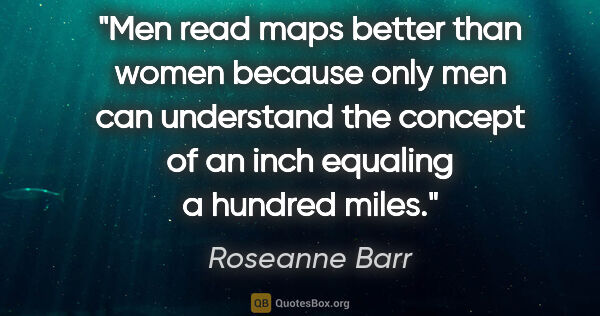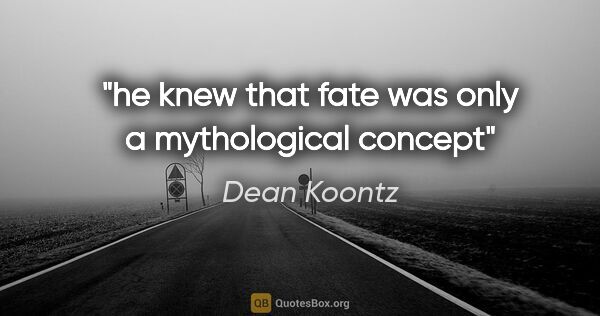Conception Quotes (page 16)
the hippies of the 1960s did understand something. They were right in fighting the plastic culture, and the church should have been fighting it too... More than this, they were right in the fact that the plastic culture - modern man, the mechanistic worldview in university textbooks and in practice, the total threat of the machine, the establishment technology, the bourgeois upper middle class - is poor in its sensitivity to nature... As a utopian group, the counterculture understands...
Francis Schaeffer
That's a spiritual lifestyle, being willing to admit that you don't know everything and that you were wrong about some things. It's about making a list of all the people you've harmed, either emotionally or physically or financially, and going back and making amends. That's a spiritual lifestyle. It's not a fluffy ethereal concept.
Anthony Kiedis
I now want to examine a second major feature of Western civilization that derives from Christianity. This is what philosopher Charles Taylor calls the 'affirmation of ordinary life.' It is the simple idea that ordinary people are fallible, and yet these fallible people matter. In this view, society should organize itself in order to meet their everyday concerns, which are elevated into a kind of spiritual framework. The nuclear family, the idea of limited government, the Western concept...
Dinesh D'Souza

...and I came to the conclusion that in any project we design and develop, the size and degree of complexity of the information and control systems inscribed in it are the crucial factors, so that the all-embracing and absolute perfection of the concept can in practice coincide, indeed ultimately must coincide, with its chronic dysfunction and constitutional instability.
W. G. Sebald
Do you think that Hemingway knew he was a writer at twenty years old? No, he did not. Or Fitzgerald, or Wolfe. This is a difficult concept to grasp. Hemingway didn't know he was Ernest Hemingway when he was a young man. Faulkner didn't know he was William Faulkner. But they had to take the first step. They had to call themselves writers. That is the first revolutionary act a writer has to make. It takes courage. But it's necessary
Pat Conroy
Dr. Luce introduced the concept of “periphescence”. The word itself means nothing; Luce made it up to avoid any etymological associations. The state of periphescence, however, is well known. It denotes the first fever of human pair bonding. It causes giddiness, elation, a tickling on the chest wall, the urge to climb a balcony on the rope of the beloved’s hair. Periphescence denotes the inital drugged and happy bedtime where you sniff your lover like a scented poppy for hours running. (It...
Jeffrey Eugenides
For in the latter days of that passionate life that lay now so far behind him, the conception of a free and equal manhood had become a very real thing to him. He had hoped, as indeed his age had hoped, rashly taking it for granted, that the sacrifice of the many to the few would some day cease, that a day was near when every child born of woman should have a fair and assured chance of happiness. And here, after two hundred years, the same hope, still unfulfilled, cried passionately through...
H. G. Wells
Freedom prospers when religion is vibrant and the rule of law under God is acknowledged. When our Founding Fathers passed the First Amendment, they sought to protect churches from government interference. They never intended to construct a wall of hostility between government and the concept of religious belief itself.? To those who cite the First Amendment as reason for excluding God from more and more of our institutions every day, I say: The First Amendment of the Constitution was not...
Ronald Reagan
Faith is a continuum, and we each fall on that line where we may. By attempting to rigidly classify ethereal concepts like faith, we end up debating semantics to the point where we entirely miss the obvious-that is, that we are all trying to decipher life's big mysteries, and we're each following our own paths of enlightenment.
Dan Brown
